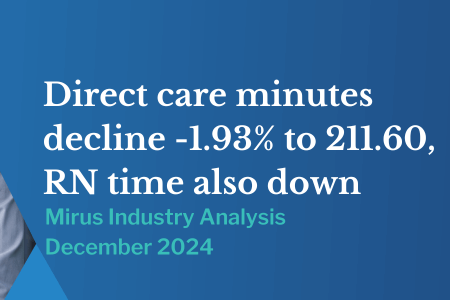What does the budget mean for dementia patients?
May 28, 2015 | Aged Care Management

Right now, there are more than 342,800 people living with dementia in Australia, with the number set to increase to 400,000 in the next 10 years. By 2050, barring any sort of medical breakthrough, it could climb as high as 900,000.
Dementia is an issue that by itself poses a number of problems, but coupled with aged care becomes even more of a problem. With just 25,100 younger Australians having Younger Onset Dementia, it’s clear that aged care providers will bear the brunt of the care issues.
Budget brings a mixed bag
Just recently, the government came forward with the new budget, a release that usually brings both benefits and number of downsides for various sectors across the country. For dementia patients, Alzheimer’s Australia has found it’s a mixed bag.
Funding will increase consumer control, choice and flexibility.
In fact, the organisation claims that the budget measures will go on to impact the over 342,000 people living with dementia – and their families. CEO of Alzheimer’s Australia Carol Bennett said the $73.7 million funding over the next four years for Home Care Packages is welcome, given that the funding will increase consumer control, choice and flexibility.
However, she explained that work still needs to be done to ensure that the measures deliver on the promises of provider choice, affordability and access to speciality dementia services.
One change Ms Bennett brought to mind was the increase in short-term restorative care places from 4,000 to 6,000 places, which is being funded by savings from the aged care planning ratio. This will enable people to move between residential care and the community, she explained, but there is an issue.
“While we welcome support that enables people to live in the community with dementia, it is important that this does not come at the expense of other aged care places,” she said.
The Carer Gateway
We’ve talked about the Carer Gateway announcement previously, but it’s worth mentioning again, as it holds a number of benefits for dementia patients. In fact, the $33.7 million investment will deliver much-needed support and services for carers, by way of greater access to information and referrals to carer specific resources.
Funding research
As noted above, failing to find any sort of medical breakthrough could leave Australia with around 900,000 dementia patients by 2050. That’s nearly one million Australians requiring specialised care around the clock. Research is then critical.
A substantial $10 million will be poured into the Medical Research Fund, with an additional $400 million to follow over the next four years.
Dementia could present a significant challenge to the Australian aged care sector over the next few decades, showcasing the importance of financial sustainability in the space.
 Dementia could become even more of an issue.
Dementia could become even more of an issue.

